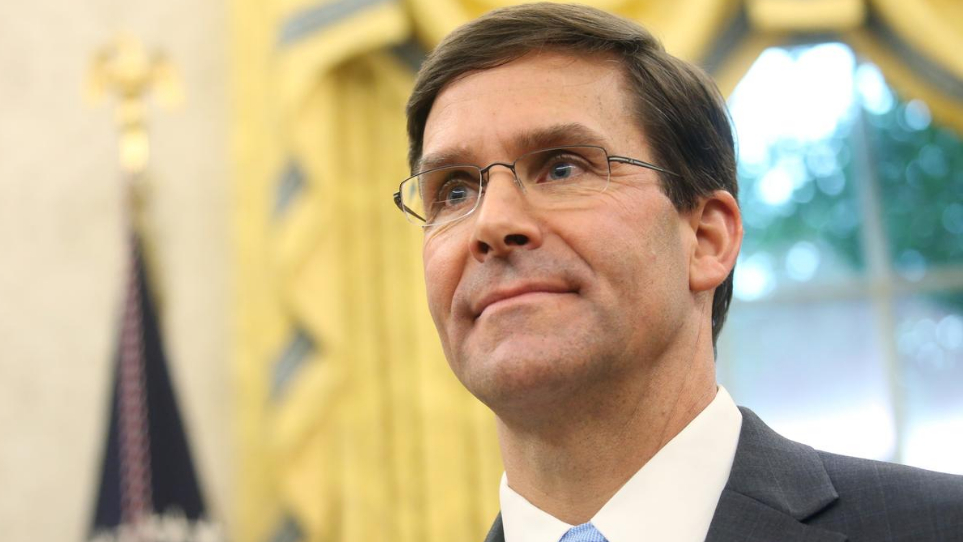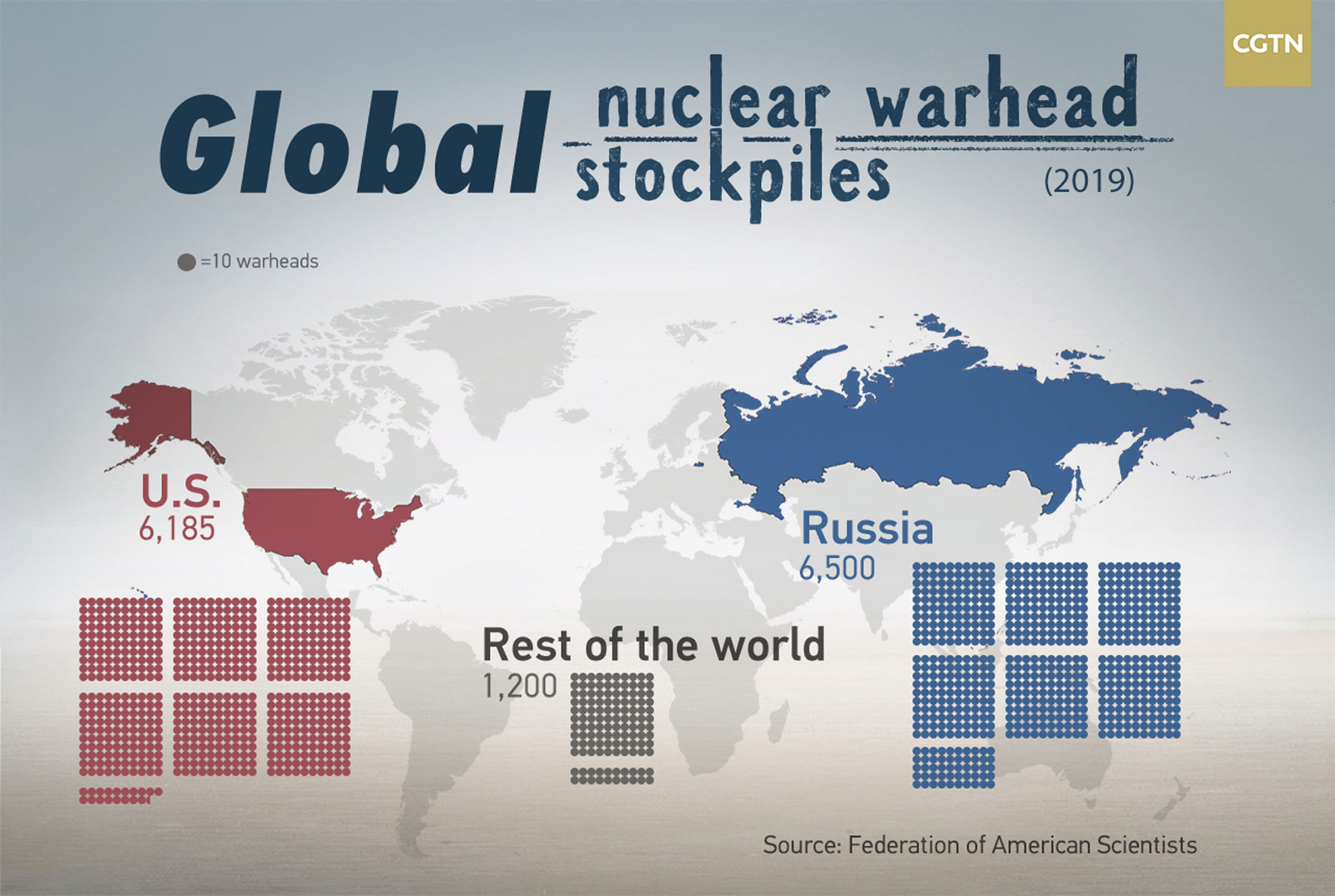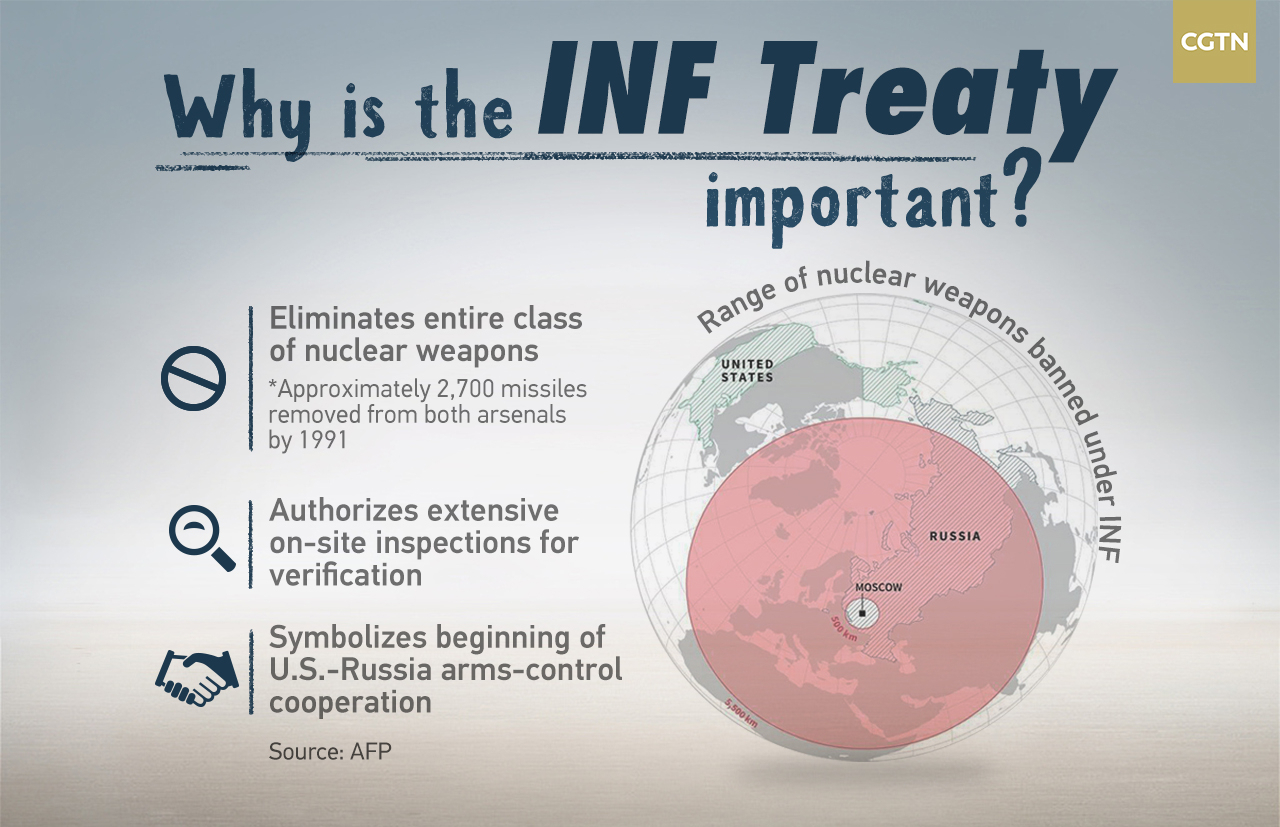

U.S. Defense Secretary Mark Esper said on Saturday that he was in favor of placing ground-launched, intermediate-range missiles in Asia relatively soon, a day after the United States withdrew from a landmark arms control treaty.
"Yeah, I would like to," Esper said, when asked whether he was considering placing such missiles in Asia.
Read more:
Will the New START Treaty follow the INF's destiny?
Graphics: The history of U.S.-Russia nuclear arms control deals and what's next
"I would prefer months ... but these things tend to take longer than you expect," he told reporters travelling with him to Sydney when asked about a timeline for when the missiles could be deployed.
The United States formally left the Intermediate Nuclear Forces (INF) treaty with Russia on Friday after determining Moscow was violating the treaty, an accusation that the Kremlin has denied.

In response, China said Friday if the U.S. steps up its missile program, it would severely affect global stability.
According to U.S. President Donald Trump, a new treaty, replacing the INF which ends on Friday, should include both Russia and China.
The president said he had spoken to the two countries about the idea, and that they were both "very, very excited", while there are no comments heard from both sides yet.
Under the pact signed in 1987 by then U.S. President Ronald Reagan and Soviet leader Mikhail Gorbachev, Washington and Moscow agreed to limit the use of conventional and nuclear medium-range missiles (with a range of 500-5,000 kilometers). But its unraveling had been on the cards for months amid worsening ties between Russia and the U.S.
Read more:
China opposes U.S. withdrawal from the INF Treaty
Esper did not say where in Asia he was considering placing missiles, but he is expected to meet senior regional leaders during his visit to Asia.
Asia trip
In a sign of the importance Asia – and countering China – has for the Pentagon, Esper is visiting the region just two months after his predecessor made a similar trip.
In Australia, Esper and U.S. Secretary of State Mike Pompeo will take part in talks with their Australian counterparts.

In addition to China, the talks and much of Esper's trip, are likely to be dominated by discussion on what the departure of the U.S. from the INF treaty means for Asia and recent missile tests by the Democratic People's Republic of Korea (DPRK).
Trump sought on Friday to play down the DPRK's three tests in eight days of short-range missiles, saying they did not break any agreement he had with DPRK leader Kim Jong Un.
Asian allies will also have questions for Esper on a U.S.-led maritime force in the Strait of Hormuz.
Washington in June first proposed some sort of multinational effort open to all allies and partners to bolster maritime security in the Gulf after accusing Iran of attacking oil tankers around the Strait of Hormuz, a critical maritime chokepoint.
On Thursday, Japan said it would not send warships to join the U.S-led coalition but it may send patrol aircraft.
"I think we'll have some announcements coming out soon in the coming days, where you'll see countries begin to sign up," Esper said, referring to contributions from other countries on the maritime initiative.
(With input from Reuters, AFP)
(Cover: Mark Esper waits to be sworn in as the new Secretary of Defense in the Oval Office of the White House in Washington, DC, U.S., July 23, 2019. /Reuters Photo)

Copyright © 2018 CGTN. Beijing ICP prepared NO.16065310-3
Copyright © 2018 CGTN. Beijing ICP prepared NO.16065310-3